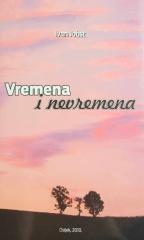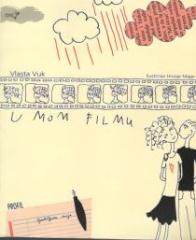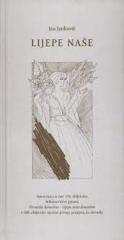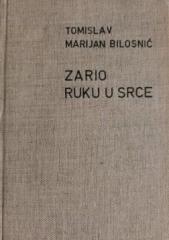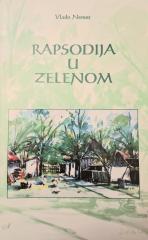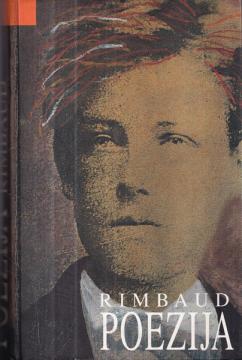
Poezija
The 'riddle of Rimbaud' was pursued by many: some proclaimed him the god of modern visionary poetry, others saw in him a perverted child and the immature rebellion of a high school student, others christened him a mystic, others treated him as an interest
Rimbaud's poetic reflection and writing are not behind us, perhaps they are just beyond the reach of the typical "horizon of expectations" of contemporary mass culture. They are not only the treasure of a great ancestor of 20th century poetry, stored in the museum of modern literature, but also a warning worthy of the greatest attention. An inspiration at least for those readers and writers of today who do not blindly or opportunistically accept the modern rules of the game. It is true that Rimbaud - the man, after he fell silent, submitted to the rules of the game of his time. But he left him as a pledge a work of irrefutable future charge
"Poetry will no longer rhythm the action, it will take the lead." (A. Rimbaud in a letter to P. Demeny, May 15, 1871)
"What is my nothingness compared to amazement
that awaits you." (A. Rimbaud, Illuminations)
Exalted and denied, for some an icon, for others a psychopath, this cursed poet remains in any case a lyrical phenomenon to whom all modern poetic currents owe a lot. Rimbaud's poetry is presented in a selection and translation by the famous Croatian poet, critic and translator Zvonimir Mrkonjić.
No copies available
The last copy was sold recently.
